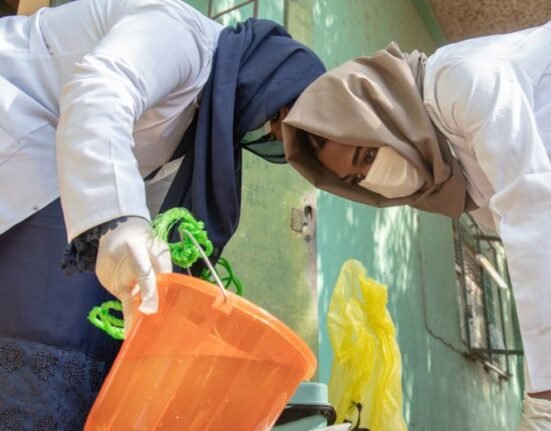HQ Team
March 13, 2024: Women perform an estimated 76% of all unpaid healthcare activities and work that is done primarily by women tends to be paid less and have poor working conditions, according to a WHO report.
The underinvestment in health systems results in a vicious cycle of unpaid health and care work, lowering women’s participation in paid labour markets, harming women’s economic empowerment and hampering gender equality.
Decades of chronic underinvestment in health and care work are contributing to a growing global crisis of care.
The report titled ‘Fair Share for Health Care: Gender and Undervaluation of Health and Care Work’ stated that women comprised 67% of the paid global health and care workforce.
Devaluing caregiving, which is work performed primarily by women, negatively impacts wages, working conditions, productivity and the economic footprint of the sector, according to the report.
‘Inclusive Economies’
“With stagnation in progress towards universal health coverage, resulting in 4.5 billion people lacking full coverage of essential health services, women may take on even more unpaid care work,” it stated.
“The ‘Fair share’ report highlights how gender-equitable investments in health and care work would reset the value of health and care and drive fairer and more inclusive economies,” said Jim Campbell, WHO Director for Health Workforce.
“We are calling upon leaders, policy-makers and employers to action investment: it is time for a fair share for health and care.”
The WHO called for improving working conditions for all forms of health and care work, especially for highly feminised occupations and to include women more equitably in the paid labour workforce.
Equal pay for equal value
It urged authorities to enhance conditions of work and wages in the health and care workforce and ensure equal pay for work of equal value.
The policymakers should address the gender gap in care, support quality care work and uphold the rights and well-being of caregivers.
They must invest in robust public health systems to reduce the burden of unpaid care work and improve the quality of healthcare services.
The deleterious impact of weak health systems combined with increasing unpaid health and care work are further straining the health of caregivers and the quality of services, according to the report.








